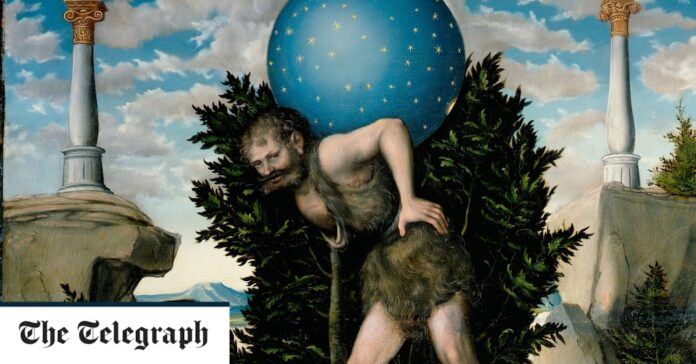The story of everything, everywhere… Simon Sebag Montefiore’s new book The World rises heroically to a self-imposed challenge
Anybody who spent lockdown merely learning a new language or how to play the violin might not feel quite so smug after seeing what Simon Sebag Montefiore achieved: a 1,300-page history of pretty much everything everywhere, from the evolution of Homo sapiens to Putin’s invasion of Ukraine. And that’s just the writing bit. A “select bibliography” for The World, available online, runs to a further 137 pages.
Worse still for the formerly smug, the book doesn’t flag for a moment. Montefiore brings the same energy to bear on the Akkadian empire of the 2200s BC as he does on the rise and fall of Greece, the rise and fall of Rome, the many rises and falls of China, the emergence of Russia, the emergence of Europe and – well, you get the idea. Dip into any page and you’ll find history rushing by in prose that combines clarity, liveliness and even deadpan humour, with intriguing little asides a speciality. On page 437 we learn that Holy Roman emperor Frederick the Fat “collected mouse droppings and tended flowers”; on page 1169 that Leonid Brezhnev couldn’t prevent his daughter Galina from “brazenly having affairs with gangsters and lion tamers”. At the height of hedonistic 9th-century Islam, the Baghdad author al-Tahiri published books with such titles as Adultery and Its Enjoyment, Stories about Slave Boys and Masturbation.
Montefiore also takes an infectious delight in pithy summaries of history’s biggest players, from Martin Luther (“A vicious and visceral polemicist… fixated on faeces and sex”) to General Kitchener (“a repressed homosexual who combined steely acumen, vindictive ambition and porcelain collecting”).
Yet, for all its breeziness, this is not a work to lift the spirits. In his introduction, Montefiore rightly laments that “the old childish history of ‘goodies’ and ‘baddies’ is back in fashion, albeit with different ‘goodies’ and ‘baddies'”. The World, by contrast, does away with goodies more or less altogether. The way Montefiore convincingly tells it, the history of the world has been one of astonishing violence and cruelty, in which every civilisation has risen and fallen through the medium of mass slaughter.


